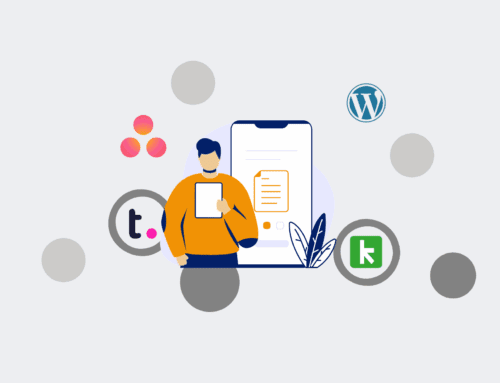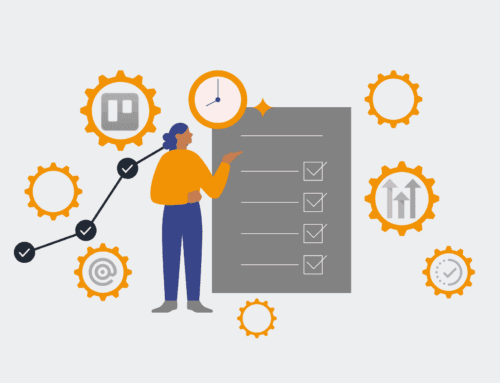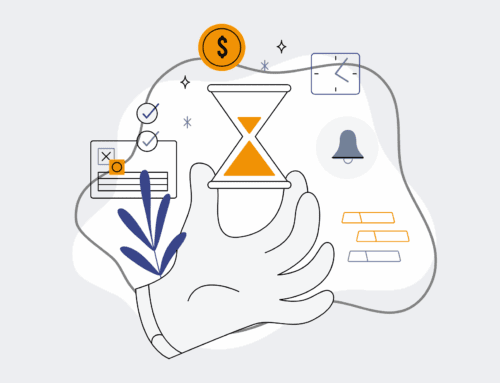The Role of AI in Diversity, Equity, and Inclusion (DEI) Initiatives
In today’s dynamic business landscape, Diversity, Equity, and Inclusion (DEI) are no longer just buzzwords; they are fundamental pillars of sustainable growth, innovation, and employee retention. Organizations are increasingly recognizing that a diverse workforce, supported by equitable practices and an inclusive culture, leads to better decision-making, enhanced creativity, and stronger financial performance. However, implementing effective DEI initiatives can be complex, often fraught with unconscious biases, data silos, and a lack of scalable solutions. This is where Artificial Intelligence (AI) emerges as a powerful, albeit nuanced, ally. When wielded thoughtfully, AI has the potential to transform how businesses approach DEI, moving beyond performative gestures to create truly equitable systems.
The Promise of AI in DEI
Mitigating Unconscious Bias in Hiring
One of the most immediate and impactful applications of AI in DEI is its capacity to identify and mitigate unconscious bias in the hiring process. Traditional recruitment methods are inherently susceptible to human biases, from resume screening to interview panels. AI-powered tools can analyze job descriptions for gender-coded language or other subtle biases, suggesting neutral alternatives. Furthermore, AI can anonymously screen resumes, focusing solely on qualifications, skills, and experience, thereby removing demographic identifiers that could trigger bias. This objective filtering helps widen the talent pool by ensuring that candidates from diverse backgrounds are not inadvertently overlooked. By streamlining the initial stages of talent acquisition with an unbiased lens, organizations can build more representative candidate pipelines, leading to a truly meritocratic hiring environment. This is not about removing the human element entirely, but empowering recruiters to make more informed decisions based on data, not preconceptions.
Enhancing Workplace Equity and Engagement
Beyond recruitment, AI can play a crucial role in fostering internal equity and engagement. By analyzing vast amounts of internal data – such as performance reviews, promotion rates, compensation structures, and employee feedback surveys – AI can uncover systemic disparities that human eyes might miss. For instance, AI algorithms can identify if certain demographic groups are consistently receiving lower performance ratings despite similar outputs, or if promotion opportunities are disproportionately favoring one group over another. Such insights provide actionable data for HR leaders to address root causes, redesign policies, and implement targeted interventions. Moreover, AI can help predict attrition risks among underrepresented groups, allowing companies to proactively engage and support employees before they decide to leave. This data-driven approach to internal equity allows organizations to move beyond anecdotal evidence, ensuring that DEI strategies are evidence-based and genuinely impactful.
Navigating the Pitfalls: Where AI Can Go Wrong
The Challenge of Biased Data
While AI offers immense promise, its effectiveness in DEI is only as good as the data it’s trained on. The fundamental challenge lies in the fact that AI learns from historical data, which often reflects existing societal and organizational biases. If an AI system is trained on hiring data where men have historically been preferred for leadership roles, the AI might inadvertently learn to perpetuate this bias, even if explicit demographic data is removed. This phenomenon, often termed “algorithmic bias,” means that AI, if not carefully designed and monitored, can amplify existing inequalities rather than resolve them. The principle of “garbage in, garbage out” is critically relevant here; feeding biased historical data into an AI system will inevitably lead to biased outputs. Organizations must invest significant effort into curating diverse, representative, and clean datasets for training, and continuously audit AI performance to detect and correct emergent biases.
The Need for Human Oversight and Ethical Frameworks
AI is a powerful tool, but it is not a silver bullet, nor is it a replacement for human judgment and ethical leadership. Relying solely on AI without robust human oversight can lead to disastrous outcomes, especially in sensitive areas like DEI. Companies must establish clear ethical frameworks for AI development and deployment, ensuring transparency in algorithms and accountability for their results. This means involving diverse teams in the design, testing, and implementation of AI solutions. Human experts are essential for interpreting AI insights, understanding the nuances of human behavior, and making final decisions that align with organizational values and legal requirements. The goal should be augmentation, not automation, of DEI efforts. AI can highlight trends and flags, but humans must be the ones to strategize, empathize, and implement the necessary cultural and systemic changes.
Strategic Implementation: Making AI Work for DEI
A Holistic Approach to AI-Powered DEI
For AI to truly drive positive change in DEI, it must be integrated into a broader, holistic strategy. It cannot operate in a vacuum. Successful implementation requires not only technological prowess but also a deep understanding of organizational culture, leadership commitment, and ongoing education. Companies should foster a culture where data-driven insights from AI are welcomed and used to spark honest conversations about existing biases and areas for improvement. This includes training employees and leaders on how AI tools are being used, what their limitations are, and how to interpret their outputs effectively. Furthermore, ensuring that the teams developing and deploying these AI tools are themselves diverse is crucial to avoiding blind spots and baking in ethical considerations from the outset. A truly effective AI-powered DEI strategy aligns technology with people, policy, and purpose.
Measuring Impact and Iterating
Like any strategic initiative, the success of AI in DEI must be measured and iterated upon. Organizations need to define clear, measurable DEI objectives – whether it’s increasing representation in leadership, reducing pay gaps, or improving employee sentiment among specific groups. AI can then be leveraged to track progress against these metrics, identifying what’s working and what isn’t. Continuous monitoring and auditing of AI algorithms are paramount to ensure they remain unbiased and effective over time. This iterative process allows companies to refine their AI tools, adjust their DEI strategies, and ensure that their investments are yielding genuine, sustainable results. It’s an ongoing journey of learning and adaptation, where AI acts as a continuous feedback loop, guiding organizations towards a more diverse, equitable, and inclusive future.
If you would like to read more, we recommend this article: The Automated Recruiter: Unleashing AI for Strategic Talent Acquisition









